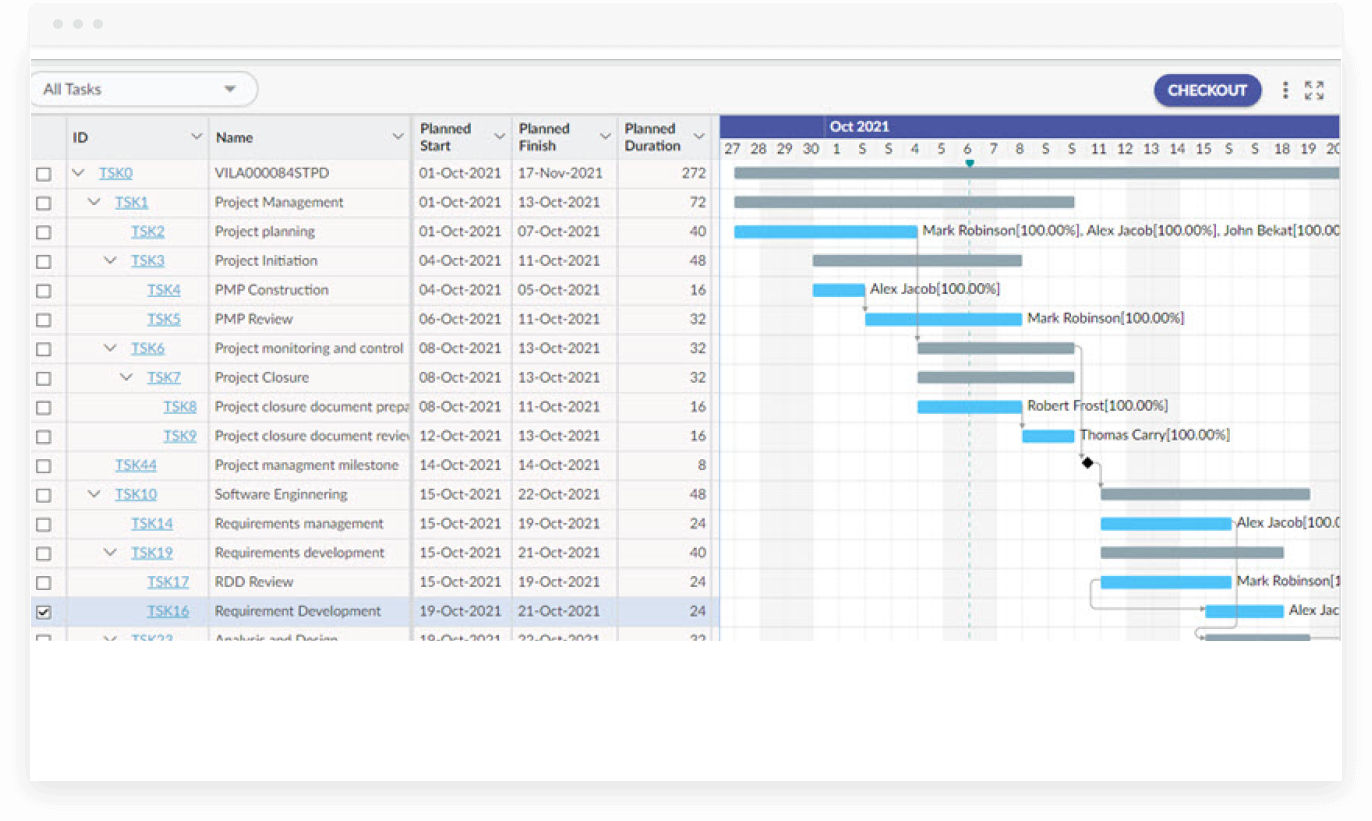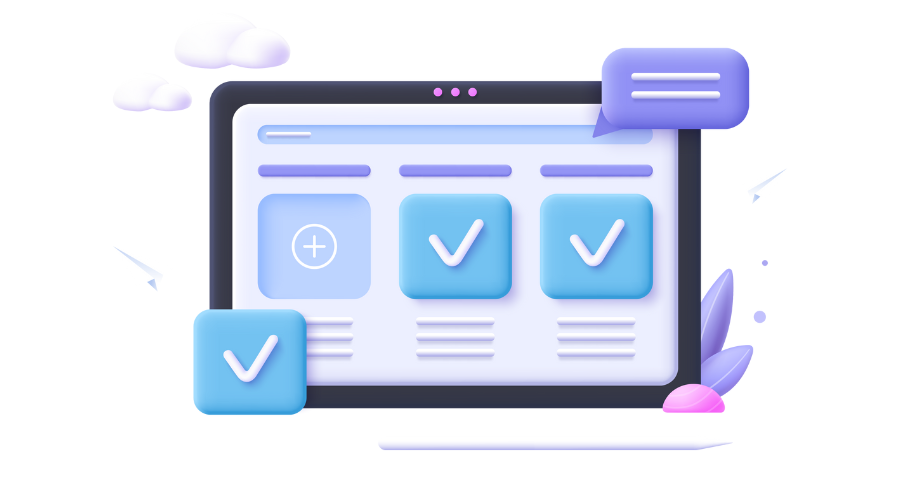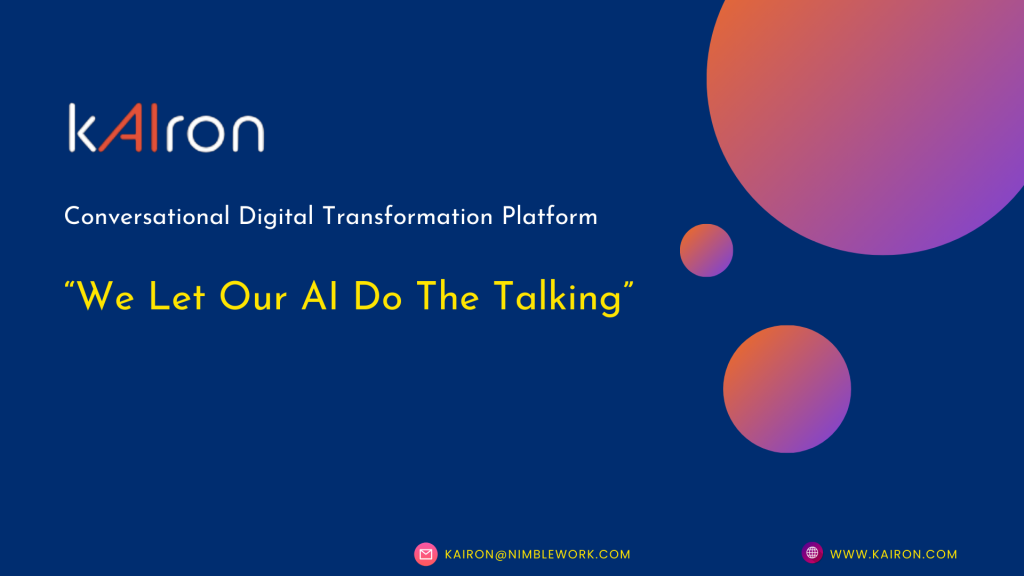Task Management 101: Strategies for Time Management, Organization, and Workflow Efficiency
- 6 mins read
-
By Roman Shvydun
- Updated on June 12, 2024
Overview
What is Task Management?
Task management refers to the process of planning, organizing, prioritizing, and executing the various tasks or activities that contribute to the completion of a larger goal or project. It involves breaking down complex objectives into smaller, actionable steps and effectively managing the workflow to ensure timely and efficient task completion.
Effective task management is crucial for productivity, time optimization, and overall success in both personal and professional domains. It helps individuals and teams stay organized, focused, and on track, enabling them to manage their workload effectively, meet deadlines, and achieve their goals systematically.
By employing proper task management strategies, individuals can minimize distractions, avoid procrastination, and streamline their workflows, ultimately leading to increased efficiency and better results.
Task management boosts productivity and efficiency in our personal and professional life. We stay organized and focused by meeting deadlines and achieving short-term and long-term goals. However, the average employee is productive 60% or less each day. Assuming an eight-hour workday, office workers generally spend five hours and 37 minutes each day being unproductive.
The pace of life is rather fast today. So the art of task management helps us spend our time and energy wisely. The concept of task management involves the idea of breaking down larger tasks into small components and focusing on them immediately. Task management implies greater control over your work and daily activities aimed at personal growth, professional success, or a better work-life balance.
Key Components of Task Management
The main components of the task management include the following:
☑ Task Creation – Identifying and defining tasks, breaking down larger goals into smaller and manageable ones, and making task descriptions more specific. Here we understand clearly what we should do and what we want to achieve.
☑ Prioritization – The order in which the tasks should be completed is commonly based on importance or urgency. You can use techniques such as the Eisenhower Matrix or ABC prioritization.
Source: luxafor.com
☑ Scheduling – Assigning a specific time slot or deadline to every part of the task. Tools such as planners, calendars, or digital scheduling apps can help you use your time effectively.
☑ Tracking progress – Tracking progress helps identify potential delays and bottlenecks. Task boards, simple checklists, or project management software can be used for this purpose.
☑ Completion – If your completed task meets all the specified criteria and standards, your motivation will rise, and you will easily move on to the next set of tasks.
☑ Review – Review your performance, results, and areas for improvement. Understanding what went well and what didn’t helps you avoid mistakes in future tasks and achieve higher quality.
Benefits of Effective Task Management
Among the numerous benefits of effective task management, we want to draw your attention to the following ones:
☑ Improved productivity – By prioritizing your activities, allocating resources, and focusing your efforts on the most important parts of the task, you minimize wasted time and effort while maximizing the output.
☑ Better time management – Identifying priorities, setting realistic deadlines, and scheduling tasks can help you avoid procrastination and make better use of the available time and resources.
☑ Reduced stress and overwhelm – Breaking down the task into smaller parts prevents feeling overwhelmed, and a sense of control over the workload improves one’s well-being.
☑ Enhanced organization and focus – A structured framework for managing all your tasks and activities, keeping track of task elements, deadlines, and progress improves concentration, and allows you to complete the task more effectively.
Common Task Management Methods and Tools
You can use traditional methods to manage your tasks, e.g. to-do lists and pen and paper. However, if you don’t use digital tools, you won’t be able to collaborate with others or set reminders. When you deal with multitasking and have to make calls, communicate with colleagues, clients, and partners, send invoices, and do a lot more minor things, automation of workload is especially important.
Digital tools are more attractive for task management. Plenty of task management apps and software have a variety of helpful features that may help create tasks, schedule, collaborate, prioritize, or send reminders. Accessibility with any device and integration with other productivity tools make them pretty convenient.
Nimble Work Management platform takes task management to the next level by offering a centralized hub for seamless collaboration, real-time tracking, and efficient resource allocation across all your tasks and projects.
Why You May Need a Task Management Tool?
☑ Keeping tasks organized and more accessible;
☑ Facilitating prioritization and scheduling;
☑ Avoiding procrastination and missed deadlines;
☑ Better collaboration and communication with your team and other people involved;
☑ Getting reminders and notifications to stay on track.
How to Choose the Right Software?
You may feel confused at first while trying to choose the right software. Here are some tips on how to pick up the most convenient and efficient tool for task management:
1. Think about your work requirements and specific needs.
2. Evaluate its main features related to task creation, prioritization, scheduling, and collaboration.
3. Consider the user interface and its ease of use.
4. Find the software with cross-platform compatibility and the possibility of its integration with your communication system.
5. Take into account its scalability and price.
Strategies for Effective Task Management
To manage tasks effectively, you need a strategic approach. The key strategies involve the following:
1. Setting clear goals and objectives – These objectives should be SMART (specific, measurable, achievable, relevant, and time-bound).
2. Prioritizing tasks based on urgency or importance – Use the Eisenhower Matrix or ABC prioritization to start with the tasks or steps that need immediate attention or can serve as a starting point for all further steps.
3. Use time blocking and scheduling techniques – Think about allocating separate time slots for each step or task. Schedule them into a planner or calendar to compile a visual roadmap to follow and avoid unnecessary excitement.
4. Adopt a flexible approach – Priorities and circumstances may change, and you may face unexpected interruptions. Be prepared to adjust your initial plan or opt for an alternative solution.
5. Regularly view and adjust task lists – Ensure that your list of tasks or steps is relevant and corresponds to current goals or changed priorities. Evaluate progress regularly, paying attention to certain issues and obstacles. You may need to make adjustments to stay on track.
All these strategies will help complete the task with maximum productivity and achieve the goals quickly and effectively.
Tips for Successful Task Management
Consider the following tips to make your task management even more effective:
1. Reduce multitasking – Multitasking increases stress levels, splits attention, and distracts. Concentrate on one task at a time and give it your entire attention until you finish it, then move on to others.
2. Delegate tasks when possible – Other people around you may have more experience or expertise in the area. So, you won’t need to learn much information to complete the task if you have someone around who knows this subject matter better and can finish the task faster.
3. Incorporate breaks and downtime –You need some time to refresh and recharge during the day. It can prevent burnout and boost your overall well-being.
4. Seek feedback – It can be from colleagues, mentors, or supervisors. It doesn’t matter who provides the ideas about your performance and necessary adjustments. The only thing is that such feedback has to be constructive and offer areas for improvement clearly to save your time and effort.
Final Thoughts
Effective task management boosts productivity and prevents stress and burnout. Remember that effective task management is not only about task completion. It means doing the right thing in the right way at the right time.
Strategies play a crucial role in task management. Start applying them immediately. Unlock your full potential and achieve goals with clarity and efficiency.
Take your task management to the next level with Nimble’s powerful work management platform – sign up for a free trial today and experience seamless task planning, collaboration, and execution.
Share the Knowledge
About Author:
Roman Shvydun
Simplifying Project Management!
Explore Nimble! Take a FREE 30 Day Trial
PM 101
Work Packages 101: Simplifying Complex Projects for Better Management
Learn what work packages are in project management, how they improve project structure, and best practices for effective execution.
Marketing Metrics KPIs: The Ultimate Guide to Measuring Success
Unlock the power of marketing metrics and KPIs with this ultimate guide. Learn how to track, analyze, and optimize your campaigns for measurable success.
What is Digital Marketing? And Why is it Important for a Business?
Learn what digital marketing is and why it’s essential for businesses. Explore key strategies, benefits, and how it helps brands grow in the digital age.
How to Create a Digital Marketing Plan & Execute it with Nimble?
Learn how to create a digital marketing plan and execute it efficiently with Nimble. Discover strategies, tools, and best practices to drive marketing success.
How to Plan and Track Digital Marketing Campaigns?
Learn how to plan and track digital marketing campaigns effectively with key strategies, tools, and tips to ensure successful execution and measurable results.
Top 10 Tips for Social Media Management in 2025
Discover the top 10 tips for mastering social media management, including strategies for engagement, content creation, and staying ahead of evolving trends.
What is a Contingency Plan? 5 Steps to Create One
Learn what a contingency plan is and follow five key steps to create one for your project. Ensure your team is prepared to handle unexpected challenges and minimize risks.
What is a RACI Chart? A Complete Guide for Project Managers
Learn what a RACI chart is, how it clarifies roles and responsibilities in project management, and how to create one for your team to improve collaboration and accountability.






